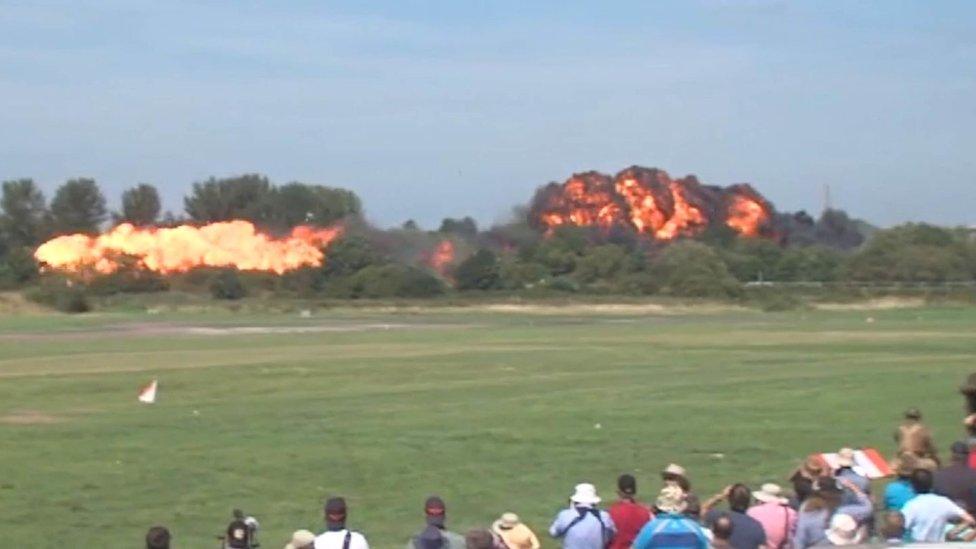Shoreham air crash trial: Pilot Andrew Hill gives evidence
- Published
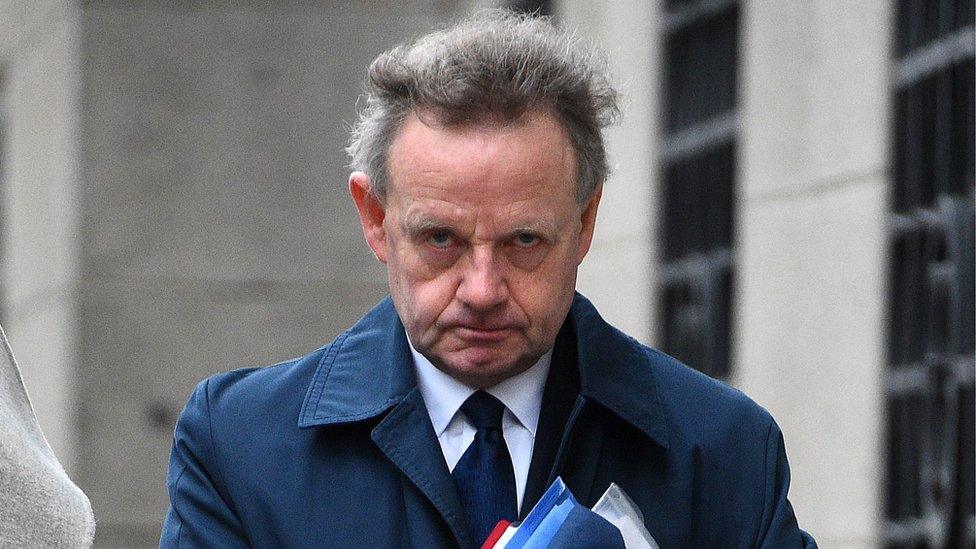
Andrew Hill has started to give evidence at the Old Bailey
A pilot accused of killing 11 men when his Hawker Hunter jet crashed at the Shoreham Airshow has denied claims he was cavalier or thrill-seeking.
Giving evidence at the Old Bailey, Andrew Hill said "it was the primary aim of the display to avoid risk".
It is the first time the ex-military pilot has spoken in public since he was pulled from the wreckage of his plane.
Mr Hill, 54, from Sandon in Hertfordshire, denies 11 counts of manslaughter by gross negligence.
His vintage jet crashed on to the A27 on 22 August 2015 after failing to complete an aerobatic manoeuvre.
Asked by his defence barrister Karim Khalil if he had ever "any mind to cause risk to anybody" at an air show, Mr Hill said: "Absolutely not. It was the primary aim of the display to avoid risk."
'Disciplined approach'
Questioned about what he got out of displays, he said it was "probably the highest level of discipline in what you could do with flying an aircraft, particularly in this environment now I'm in the civilian world".
Mr Hill went on to reject the prosecution's description of him as a "cavalier pilot", saying he "took a structured, disciplined approach" to flying.
"I held back from areas I was uncomfortable doing... we have our strengths and weaknesses and experience," he told the court.
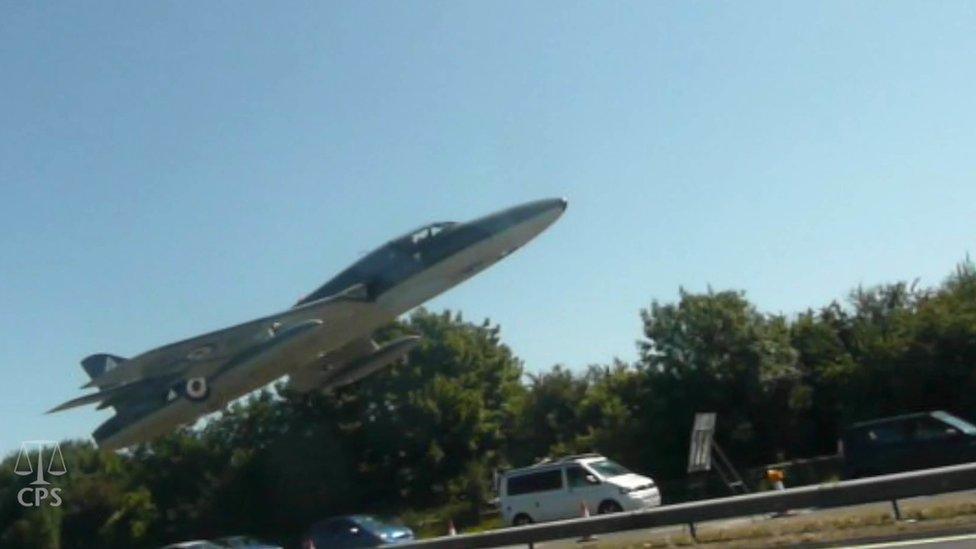
Andrew Hill's Hawker Hunter jet was too low when he performed a loop, the court was told
Taking the court through his thoughts and processes when preparing for display flights, Mr Hill said he was known for his "detail and preparation and planning".
Before he took off at North Weald airfield on the day of the crash, he was seen walking around in his flying suit.
He told the court he had been carrying out a practice by walking through the display, which is something he does with all his displays, after making diagrams of his routines on paper.
Jurors were shown more footage of Mr Hill flying at different air shows, including him carrying out the same "bent loop" stunt in the same aircraft at an air show at Shannon Airport just over a month before the crash.
The court heard about a flight at Duxford where Mr Hill received a "display line" call, alerting him to the possibility he might breach the "display line".
Mr Hill said: "I disregarded it because I was concentrating on flying."
He said later the flight information controller apologised to him for making the call and told him he had not realised what he was doing.
Asked if he had any concerns on whether he could control the manoeuvres he had in mind, Mr Hill replied: "No."
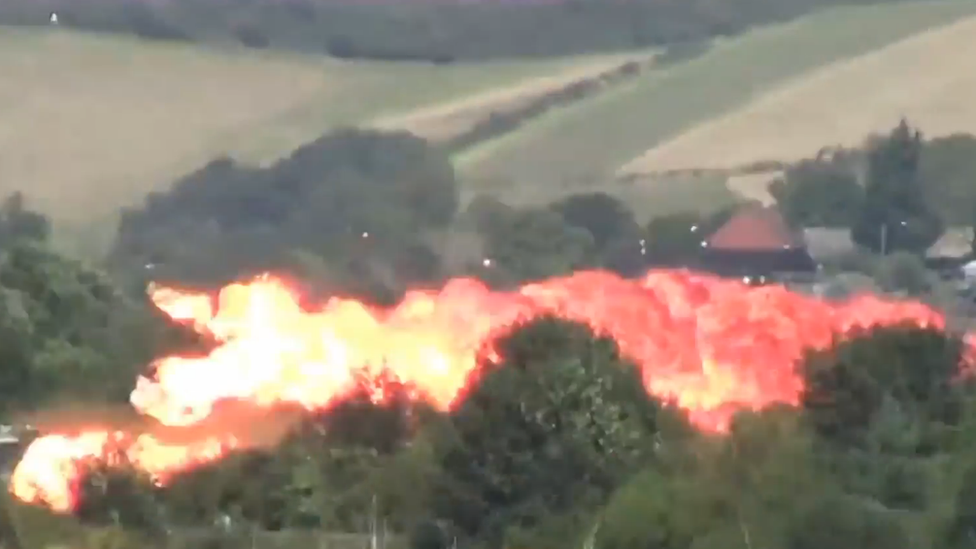
Andrew Hill was thrown from the cockpit of the Hawker Hunter after it crashed
Jurors earlier heard Mr Hill was educated in Kent, and was recruited into the RAF as a frontline pilot straight from university.
During his career, he was on active service for a month in northern Iraq, and also received an award for writing a computer programme that contributed to aircraft safety.
Mr Hill left the RAF in 1995 and went into civil aviation, becoming a commercial pilot starting with Virgin Atlantic before moving to British Airways and progressing "relatively quickly" to the most senior position of captain.
He suffered burns, fractures and a collapsed lung after the vintage jet he was flying crashed.
Mr Hill had passed medical checks before the crash, while tests and scans carried out afterwards did not show any sign of a medical condition - including cognitive impairment - which may have affected his health leading up to the crash, the court heard.
The trial continues.
- Published11 February 2019
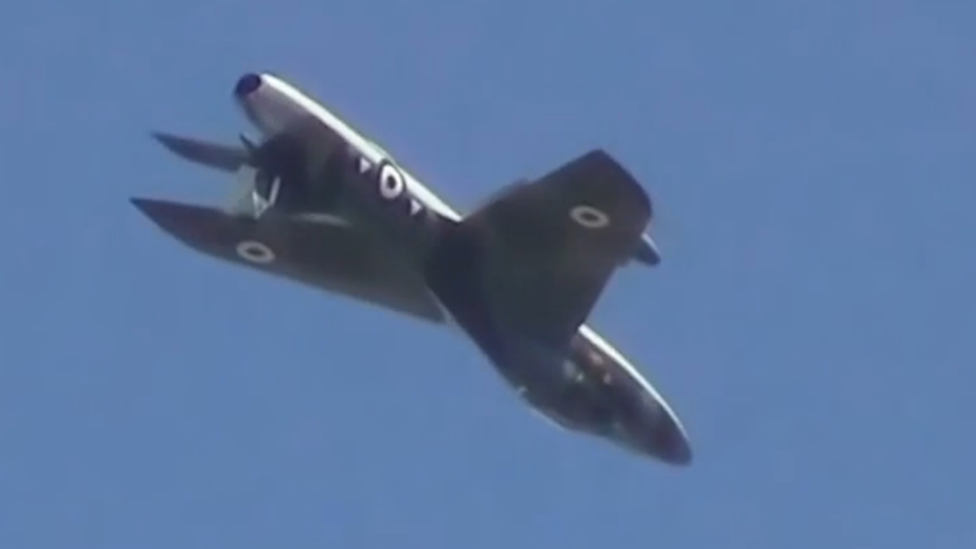
- Published8 February 2019

- Published7 February 2019
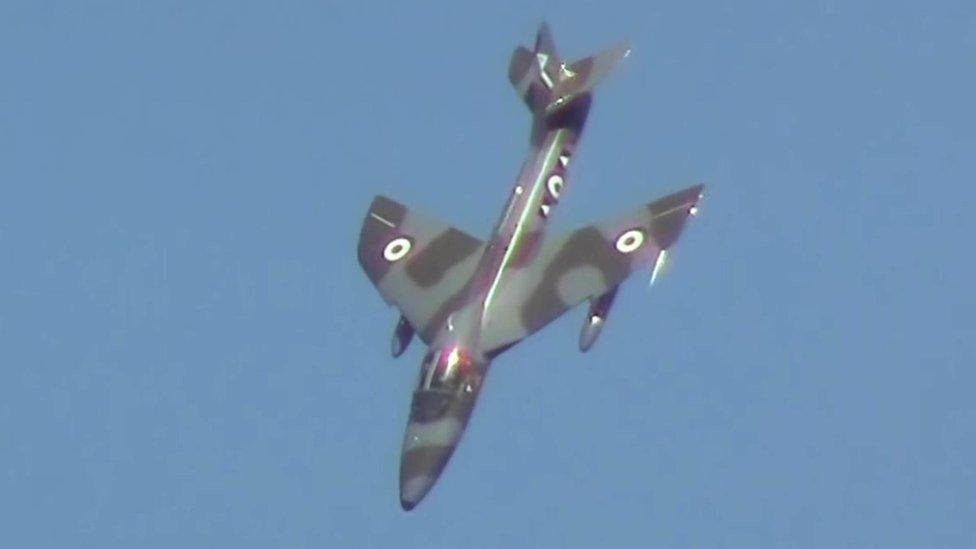
- Published6 February 2019
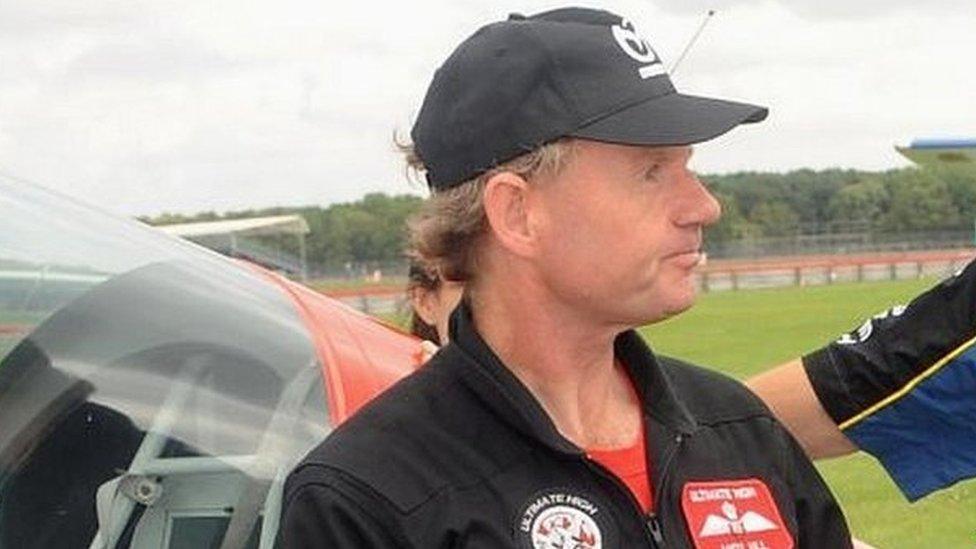
- Published5 February 2019

- Published4 February 2019
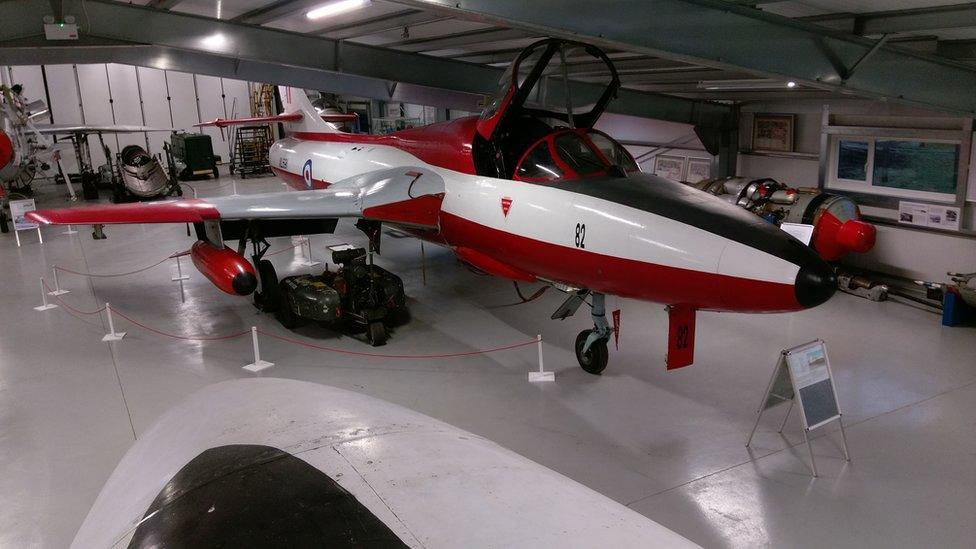
- Published1 February 2019

- Published31 January 2019
